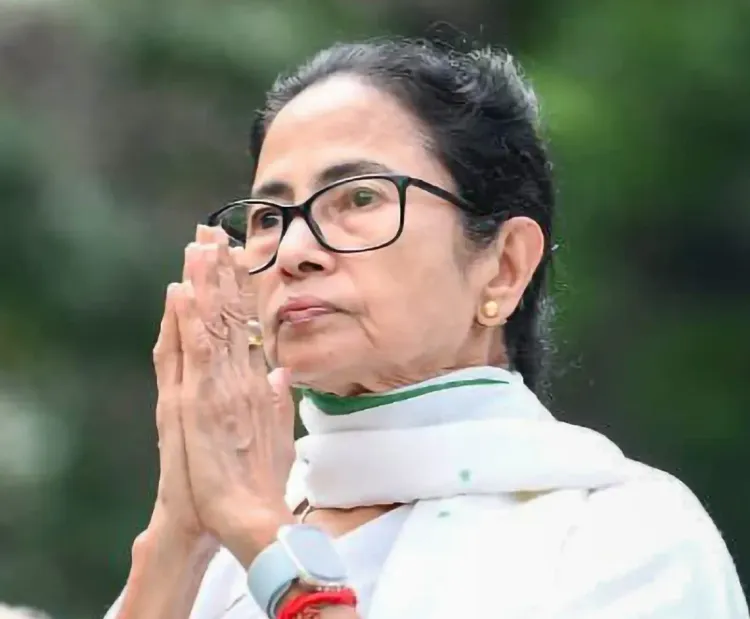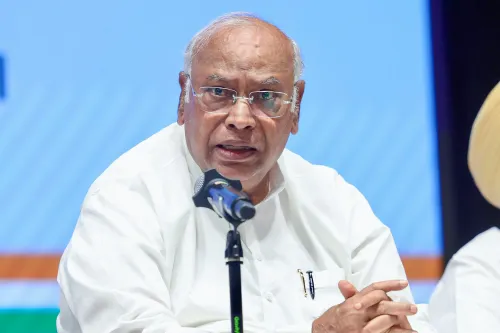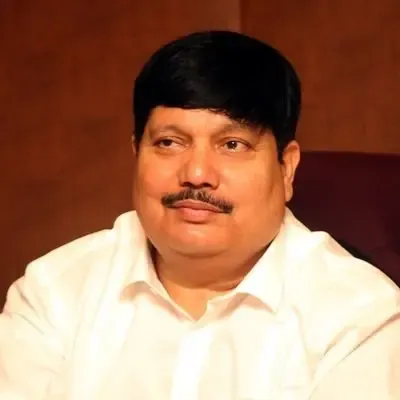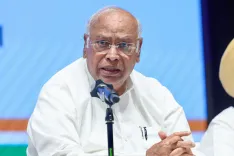Is Mamata Banerjee's Livelihood Promise a Dilemma for Bengali Migrant Workers?

Synopsis
Key Takeaways
- Mamata Banerjee's promise to Bengali migrant workers raises significant challenges.
- There is a lack of reliable data on migrant workers in West Bengal.
- Floating workers are primarily seasonal laborers moving for temporary jobs.
- Permanent migrants possess specialized skills and often return during festivals.
- Wages in other states are generally higher than those in West Bengal.
Kolkata, Aug 1 (NationPress) West Bengal's Chief Minister Mamata Banerjee has made a bold commitment to provide livelihood opportunities for Bengali migrant workers returning from states governed by the BJP. However, this promise appears to have put the state government in a challenging position.
Officials within the state secretariat foresee significant obstacles in fulfilling the Chief Minister's pledge, especially if a large influx of Bengali migrants responds to her call.
The primary challenge lies in the lack of a reliable database that accurately reflects the number of migrant workers originating from West Bengal, as well as information on their distribution across different states.
Additionally, there is no credible data to differentiate between floating workers and those who are permanent migrants. Furthermore, specific statistics on the number of skilled versus unskilled workers are absent, making it difficult to gauge the sector-wise employment distribution of these individuals from West Bengal.
Floating workers are defined as those who spend most of the year in their native areas in West Bengal but temporarily migrate to other states for work. These workers generally lack a permanent destination and seek employment in regions where job opportunities are more lucrative during certain seasons, particularly in agriculture, where demand spikes during planting and harvest times. Many of these workers are unskilled or lack specialization.
On the other hand, permanent migrant workers reside in other states, often with their families, and return to West Bengal primarily during the festive seasons. Most of these permanent migrants are skilled, specializing in sectors such as real estate development, garment manufacturing, jewelry crafting, gem cutting, and the creation of metal idols.
State government sources indicate that even if unskilled and floating migrant workers could find alternative job placements upon their return to West Bengal, there is minimal opportunity for resettlement for skilled workers who have expertise in other sectors. Additionally, for unskilled and floating workers, the daily wages they receive in more industrialized or agriculturally advanced states tend to be significantly higher than those available in West Bengal.









